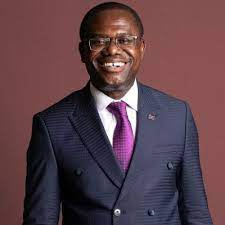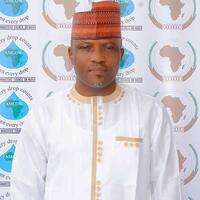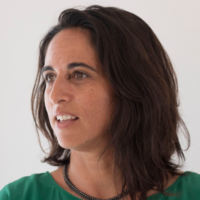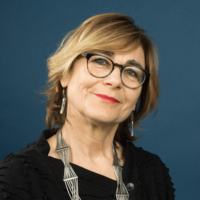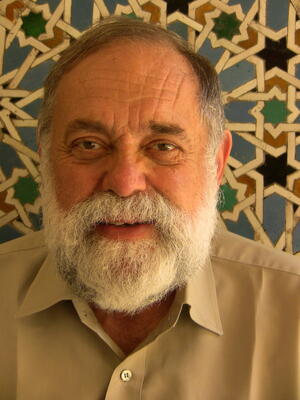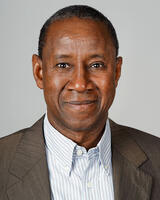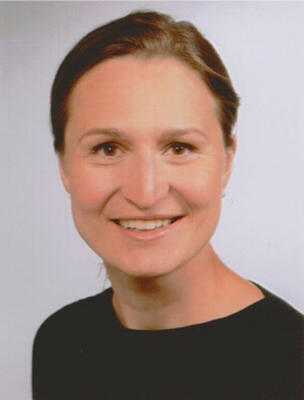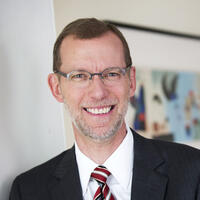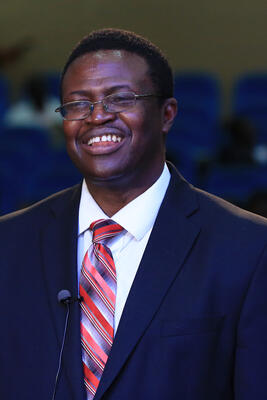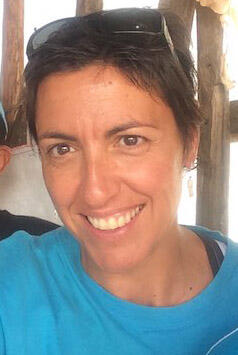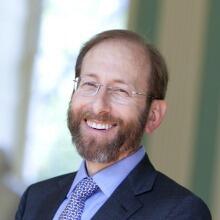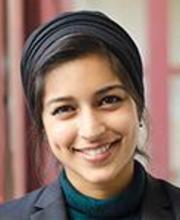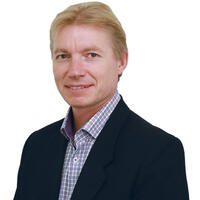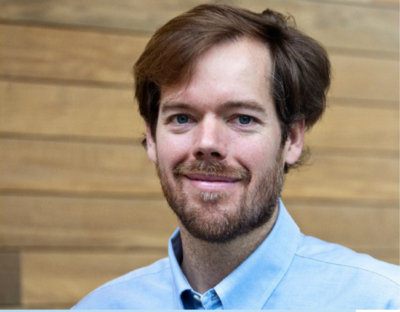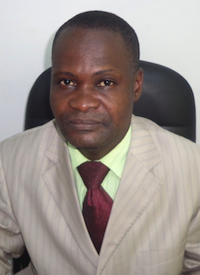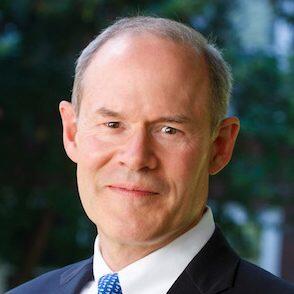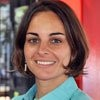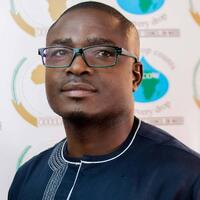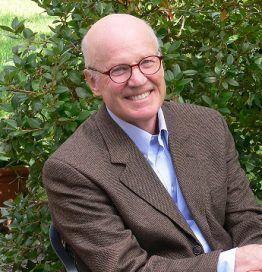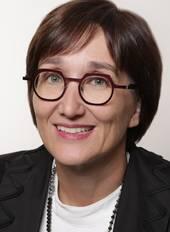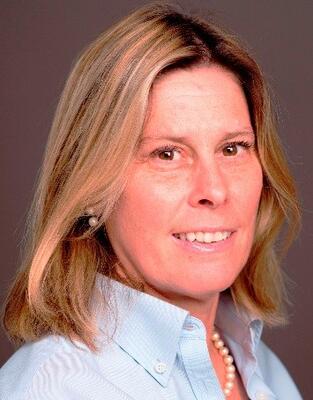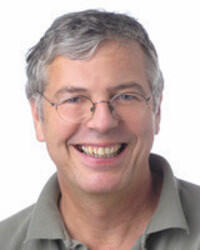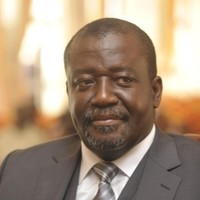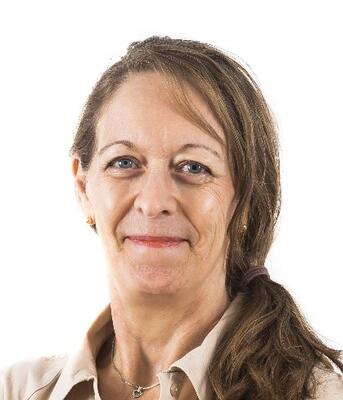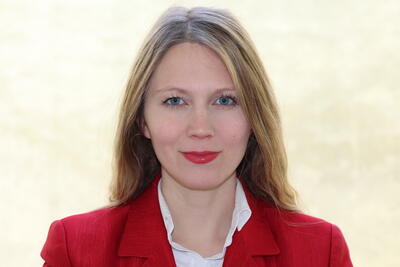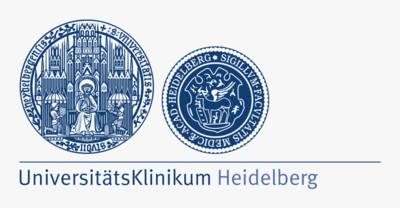Wednesday, April 21
9:00AM Welcome and Introductions
Professor Wafaie Fawzi, Harvard Center for African Studies Interim Oppenheimer Faculty Director, Richard Saltonstall Professor of Population Sciences, and Professor of Nutrition, Epidemiology, and Global Health, Harvard T.H. Chan School of Public Health
Provost Alan Garber, Harvard University
9:15AM Panel: Water and Health
The panel will explore the connection between water and health, including sanitation and hygiene. Cholera remains endemic in most of Central and East Africa, with more cases than any other region in the world. Drinking contaminated water can spread diseases including diarrhea, dysentery, typhoid, and polio. The onset of the COVID-19 pandemic presented a new challenge as water scarce communities are encouraged to practice increased levels of hand washing. Waste water and sewage treatment are also pertinent to the discussion and an area where novel methods can reutilize waste water for commercial use. This panel will discuss novel and innovative approaches for accessing clean, potable water for communities and the related implications for health and healthcare systems.
Moderator: Professor John Macomber, Senior Lecturer, Harvard Business School
Panelists:
-
Dr. Richard Cash, Senior Lecturer on Global Health, Harvard T.H Chan School of Public Health
-
Dr. Guéladio Cissé, Professor of Sanitary Engineering & Environmental Epidemiology, Swiss Tropical and Public Health Institute
-
Dr. Guy Hutton, Senior Adviser, WASH Section, UNICEF
-
Dr. Cush Ngonzo Luwesi, Focal Regional Manager for the Volta and Niger, CGIAR Research Program on Water, Land and Ecosystems
-
Ms. Jennifer Sara, Global Director, Water Global Practice, World Bank
10:15AM Keynote Address: Annual Joseph S. Agyepong Distinguished Lecture on Public Health in Africa
"Water for health in Africa - A rights-based approach to development"
Keynote by: Dr. Martin Fregene, Director of Agriculture and Agro-Industry, African Development Bank Group (AfDB)
Moderated by Professor Robert Paarlberg, Associate, Sustainability Science Program, Harvard Kennedy School
11:15AM Panel: Water, Climate, and Agriculture
With a changing climate, some areas of Africa will have decreased levels of precipitation while others will be more susceptible to flooding. Temperature change in Africa is projected to be more extreme than anywhere else in the world. As droughts become more frequent and sustained, crop production will be threatened, resulting in diminished food security. Lakes that are shrinking due to climate change impact the food source and livelihoods of surrounding communities. These challenges present not only a threat to food security but also economic security. This panel will explore how a changing climate might impact agriculture, the solutions that government and farmers might adopt, as well as the implications of the Paris Agreement for Africa.
Moderator: Professor Rob Paarlberg, Associate, Sustainability Science Program, Harvard Kennedy School
Panelists:
-
Professor Peter Huybers, Professor of Health and Planetary Sciences, Harvard University
-
Dr. Paul Orengoh, Director of Programs, African Ministers’ Council on Water
-
Dr. Claudia Ringler, Deputy Division Director, Environment and Production Technology Division, International Food Policy Research Institute
-
Dr. Karen Villholth, Principal Researcher and Coordinator, International Water Management Institute
12:15PM Day One Closing Remarks
Thursday, April 22
9:00AM Welcome and Recognition of Earth Day 2021
Dean Douglas Elmendorf, Harvard Kennedy School
Professor Rainer Sauerborn, Senior Professor, Heidelberg University
9:15AM Panel: Water, Migration, and Human Rights
Access to water for drinking, agriculture, and fishing has driven human migration patterns for centuries. As changes to climate impact the availability of water or lead to more extreme weather events, migration for water-related reasons is anticipated to increase. With migration can come conflicts over land territory, water rights, and cross-national borders. It is important however that water as a cause of migration not be over simplified and offered as a single explanation for complex migratory patterns, or that water-driven migration be viewed as a net negative. This panel will explore the role of water as a cause of migration as well as the question of water as a human right.
Moderator: Professor Jacqueline Bhabha, FXB Director of Research, Professor of the Practice of Health and Human Rights at the Harvard T.H. Chan School of Public Health, the Jeremiah Smith Jr. Lecturer in Law at Harvard Law School, and Adjunct Lecturer in Public Policy at the Harvard Kennedy School
Panelists:
-
Ms. Hind Aïssaoui Bennani, Migration, Environment, and Climate Change Regional Specialist, International Organization for Migration
-
Professor Reshmaan N. Hussam, Assistant Professor of Business Administration, Harvard Business School
-
Ms. Aimée-Noël Mbiyozo, Senior Research Consultant, Institute for Security Studies, Africa
-
Dr. Kira Vinke, Project Lead, East Africa Peru India Climate Capacities (EPICC), Potsdam Institute for Climate Impact Research (PIK)
10:15AM "Africa’s water opportunities: Policy actions for driving economic growth and strengthening resilience" Keynote Address by Dr. Apollos Nwafor, Vice President, Policy and State Capability, Alliance for a Green Revolution in Africa (AGRA)
11:15AM Panel: Africa’s Water Opportunity
We will take a holistic look at water—linking the themes of health, agriculture, and migration—with an eye towards Africa’s Water Opportunity. We will ask a multidisciplinary panel to synthesize a way forward with solutions-oriented recommendations about next steps and policy outcomes. We may explore these themes through innovations in water management, climate-smart food systems using circular agriculture and sustainable fishery, and the involvement of humanitarian organizations in applied research.
Moderator: Professor Ina Danquah, Robert Bosch Junior Professor for Sustainable Nutrition in sub-Saharan Africa, Heidelberg University
Panelists:
-
Mr. Kitchinme Bawa, Sanitation Project Manager, African Ministers’ Council on Water
-
Mr. Jorge Alvarez-Sala, WASH Specialist – Systems Strengthening for Sustainable WASH Services, WASH, UNICEF
-
Mr. Sylvain Usher, Executive Director, African Water Association (AfWA)
12:15PM Day Two Closing Remarks
Dr. Joseph S. Agyepong, Founder and Executive Chairman, JOSPONG Group of Companies
Professor Wafaie Fawzi, Harvard Center for African Studies Interim Oppenheimer Faculty Director, Richard Saltonstall Professor of Population Sciences, and Professor of Nutrition, Epidemiology, and Global Health, Harvard T.H. Chan School of Public Health


